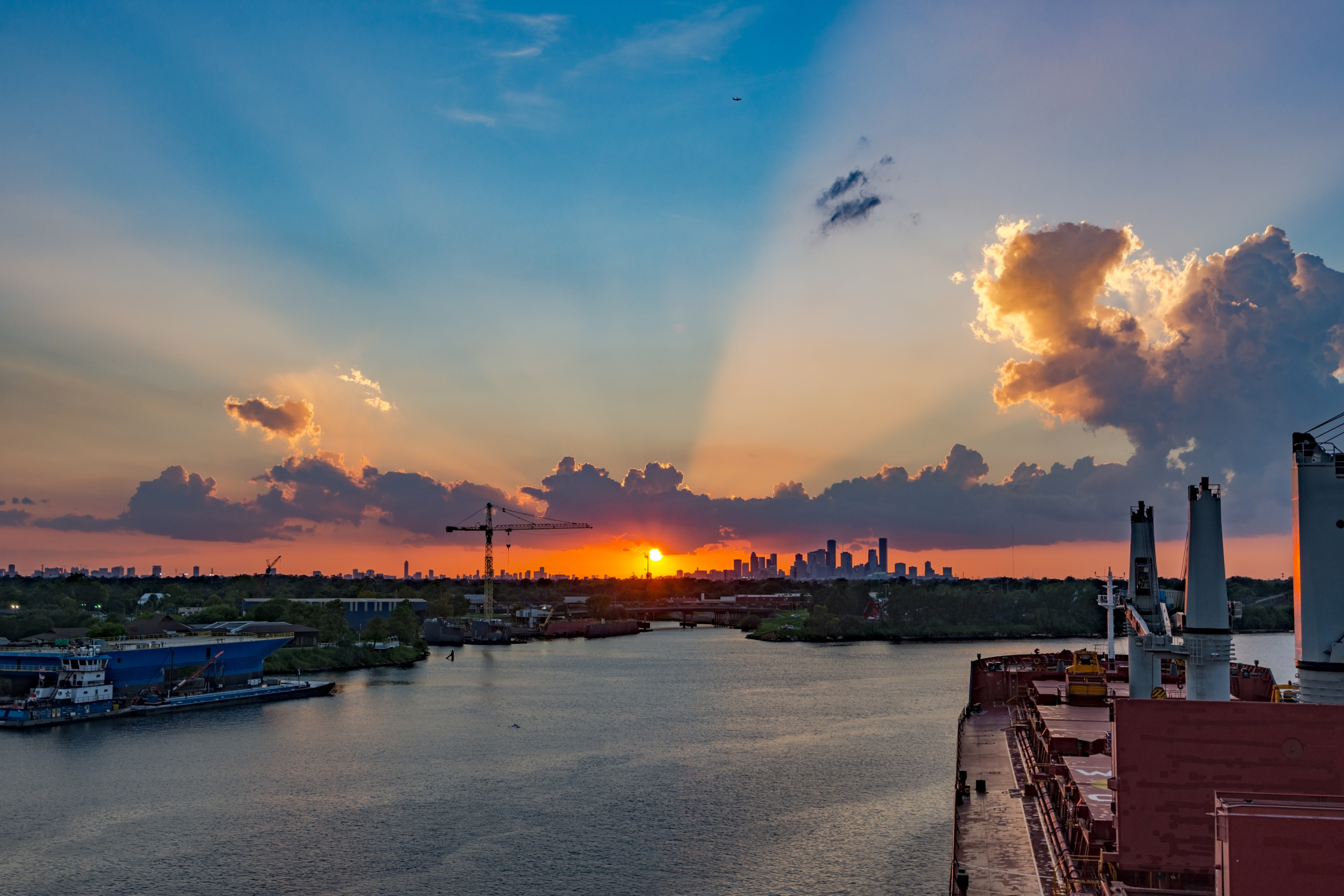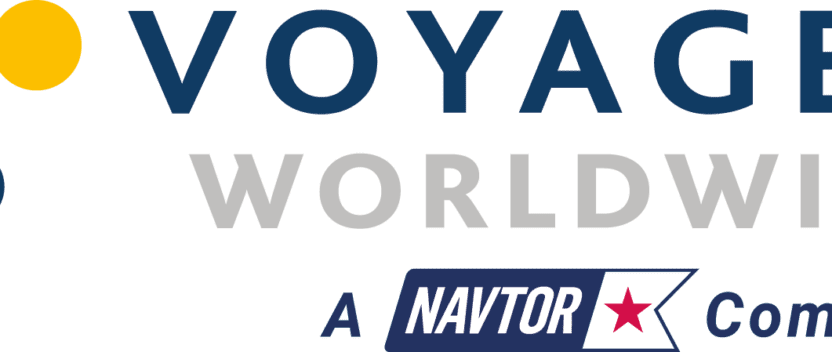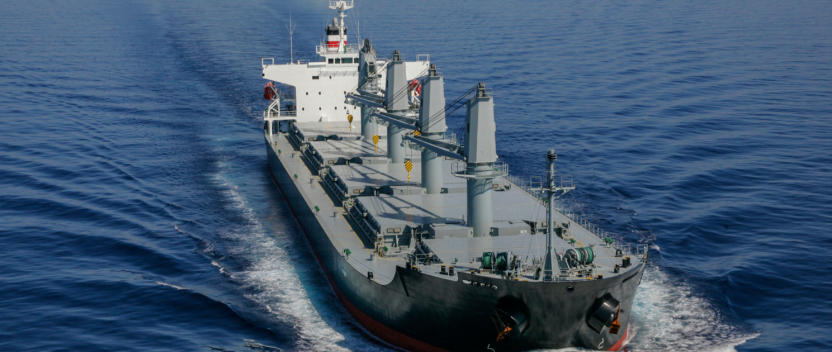Just in time makes all the difference

About the decarbonisation challenge facing the industry we can say two things. The long run will be about clean fuels which don’t at present exist in enough quantity to be useful, so the short term is all about vessel efficiency.
Until now these efforts have been based more on individual actions than systemic changes, where a more concentrated impact can be made. As the latest short term action brief from the Global Maritime Forum makes clear, large scale improvements will be hard to achieve unless there is concerted, co-ordinated action.
Solutions at fleet level can deliver efficiencies across a shipping ecosystem, but system-level shifts require multilateral solutions and collaboration between stakeholders across the value chain.
Approaches to reduce GHG emissions using Just In Time Arrival are becoming well known, not least thanks to Voyager’s partnership with the Maritime and Port Authority of Singapore.
JIT are often thought to offer benefits only when considering scheduled liner services for which port call dates and times are likely to be the most predictable, but any system where delays and queues are common can be improved.
The Port of Rotterdam performed a desktop trial of JIT ship operations involving representatives from the port, vessel operators Maersk and MSC and IMO which demonstrated that emissions can be cut considerably.
The project analysed one month of calls by 26 vessels at one particular terminal. Ships received an update on when they were requested to arrive at the pilot station. In one scenario they were notified 24 hours before arrival and in the other 12 hours so that they could optimise their speed.
Comparing the real case with the two JIT scenarios, on average, the 26 ships consumed 9% less fuel in the JIT scenario where speed was optimised in the last 12 hours. These results show the significant fuel and emission savings that can be achieved, using a relatively simple mechanism.
Meanwhile the dry bulk Port of Newcastle in Eastern Australia has gone a step further. The beaching of Pasha Bulker in 2007 brought to a head concerns over the number of vessel queuing to load, the time spent at anchor and the risks this created. The port began managing coal vessel movements and anchorage conditions using a system which optimises speed prior to arrival by issuing a notice of readiness seven days in advance.
Any measure which effectively controls congestion and reduces the number of ships waiting at anchor in the queue also reduces the risks to the ships, the port and the environment. In Newcastle, the involvement of players along the entire chain enabled better connectivity and reduced uncertainty in the performance of the mine, rail, terminal and shipping components of the chain.
Solving voyage inefficiencies will allow a degree of progress to be made, but there are additional gains that can only be had at a system level through collective action. JIT arrival, for example, only works if vessels coming into port at an agreed time can ‘jump the queue’ of those at anchor that arrived in a more conventional ‘sail fast then wait’ fashion.
Without the equivalent of centralised ‘air traffic control’, the problem just moves farther away from shore, but may largely remain the same. Such a system could go a long way to eradicating ‘sail fast then wait’ by optimising arrival times for all vessels arriving at a terminal, reducing carbon emissions at the same time.
In order to implement JIT arrival, relevant stakeholders in the port call business process will need to work closely and collaboratively, to ensure that information and updates are communicated to the necessary parties. It is this efficient exchange of information that optimises the port call process. The optimisation of port calls together with related processes could also increase the competitiveness of the ports concerned, the GMF believes.
As the industry increasingly looks for ways to lower GHG emissions, shipping lines and charterers may come to favour ports which can provide more accurate and reliable information about the availability of its services, enabling ships to arrive JIT, thereby reducing fuel consumption. If delays and inefficiencies in the port are minimised, it would improve the port’s reputation and possibly lead to growth in turnover and trade.
The optimisation of voyage efficiency and just in time arrival are just the first steps. In a recent workshop, participants mapped out the specific commitments required between now and 2025 to accelerate uptake of operational efficiencies.
Four enablers were identified: better transparency and standardisation of performance data; scaling up pilots and best practices; contractual changes to encourage virtual arrival practices when there is a delay at the discharge port and policies and regulations to enable new business models.
Even these topics would make those most committed to change dry-mouthed; the scale of the improvements needed in the industry remains a sheer wall to scale. With further input, these levers for action can be refined. The GMF believes that rallying industry leaders around them will bring awareness and momentum and enable them to benefit from the commercial opportunity of operational efficiency.


